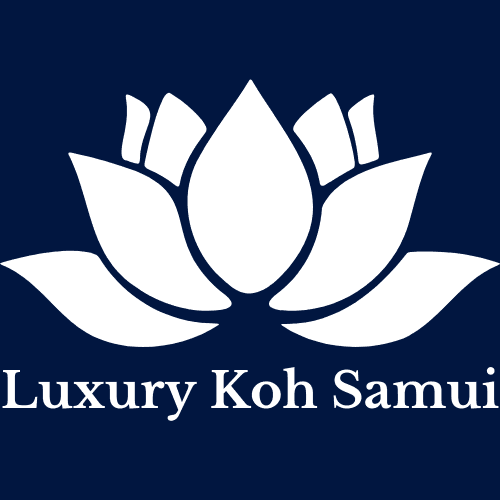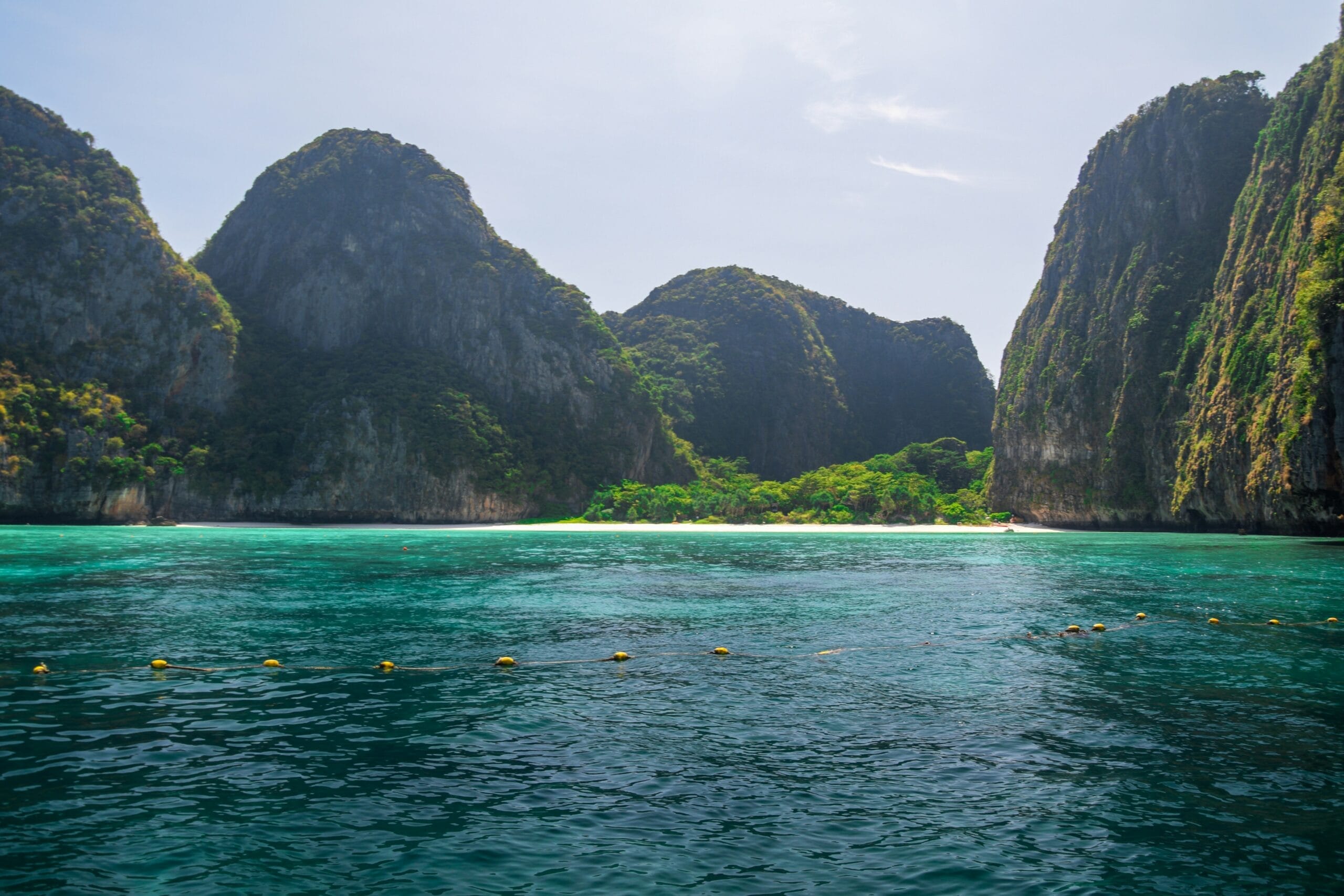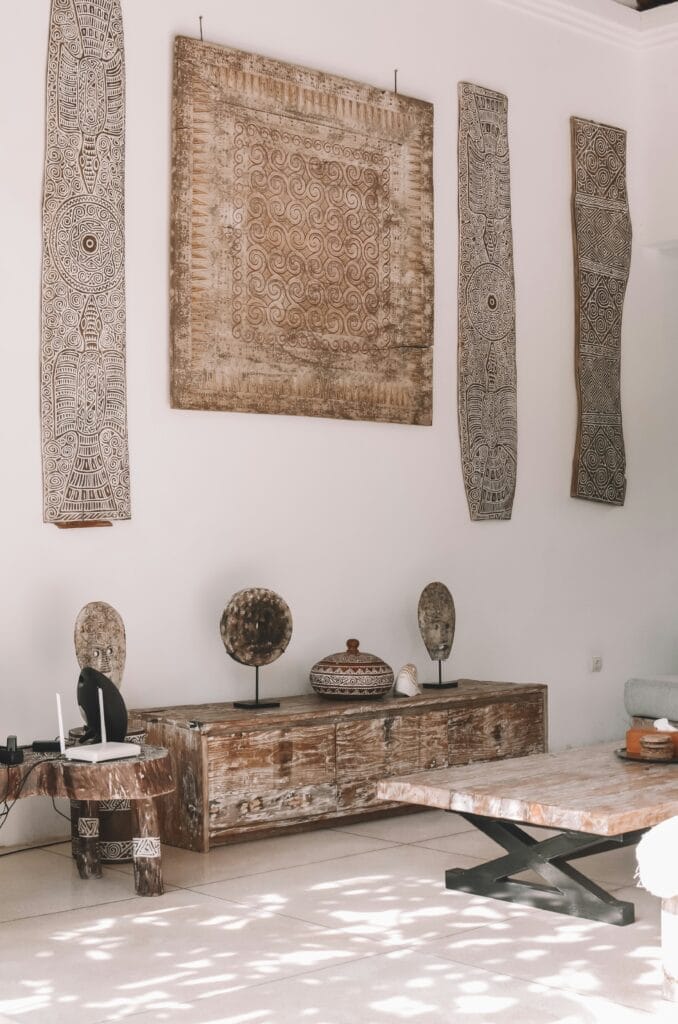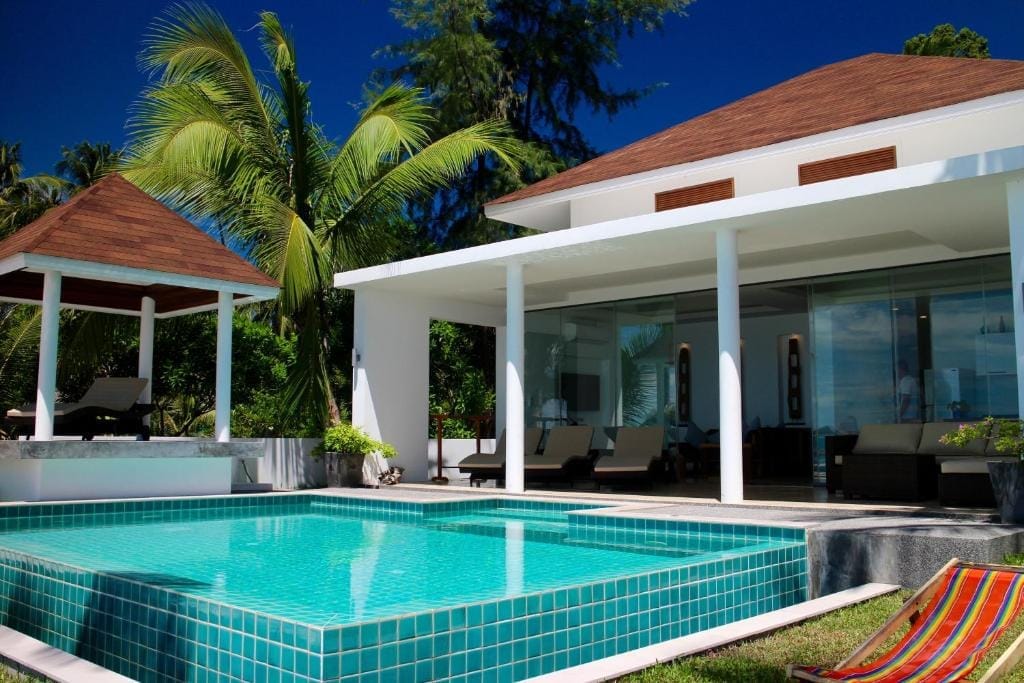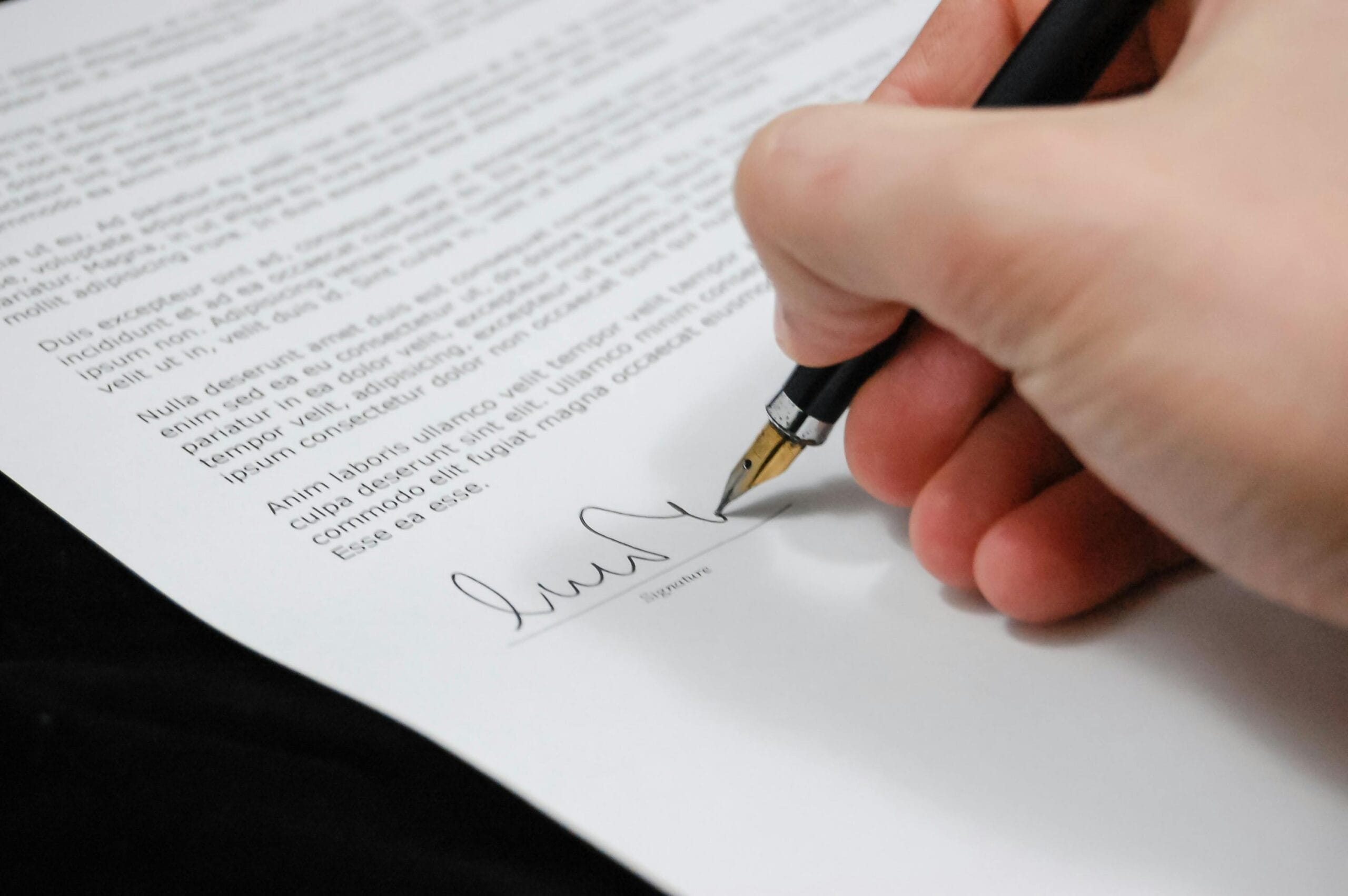
Frequently Asked Questions
Why Buy Property on Koh Samui?
Buying property on Koh Samui offers a unique blend of stunning natural beauty, vibrant culture, and a thriving real estate market. Here are several compelling reasons to consider investing in this tropical paradise.
Often working with families to provide the perfect vacation homes for those looking for a warmer and more tropical winter.
Here we list a number of reasons why you should buy property on the Island of Koh Samui
- High Potential for return on Investment
- Beautiful and strong natural
- Strong Rental Market
Explore Our Blog Page
To understand and learn more about Koh Samui’s Property real estate – Visit our Blog page.
What are the legal requirement in Samui for foreigners buying property
Understanding the real estate process in Koh Samui is crucial for foreign investors. Legal requirements typically involve ensuring compliance with Thai laws, including the percentage of foreign ownership in specific types of properties.
A simple outline of the different legal requirements are:
Eligibility to Purchase:
- Foreigners can own condos outright (up to 49% of the total units in a building).
- Land ownership is generally not allowed for foreigners, but long-term leases (up to 30 years) can be negotiated.
Title Deed Verification:
- Confirm the property’s title deed (Chanote) is clear and free of encumbrances or liens.
Due Diligence:
- Conduct a thorough investigation of the property, including ownership history, land use regulations, and zoning laws.
Sales and Purchase Agreement:
- Draft a contract outlining terms, payment schedules, and any conditions, usually with the assistance of a lawyer.
Deposit Payment:
- Pay a deposit (typically 5-10%) to secure the property, which is held in escrow until the transaction is completed.
Land Office Registration:
- Register the property transfer at the local Land Office, which is required to officially record the new ownership.
Transfer Fees and Taxes:
- Be prepared to pay transfer fees, usually around 2% of the property value, and any applicable taxes.
Thai Bank Account:
- Open a Thai bank account to facilitate the transfer of funds for the property purchase.
Power of Attorney (if applicable):
- If unable to be present for the transaction, a Power of Attorney may be required to authorize someone to act on your behalf.
Foreign Exchange Certificate:
- For foreign buyers, obtain a Foreign Exchange Certificate from a Thai bank to prove funds were transferred from abroad.
Learn More About Thai Property laws
For a more in-depth guide visit our Thailand Property/Tax Laws Page or directly Contact us for a free consultation with our team of Thai Lawyers
What are the best neighborhoods for luxury property investment in Koh Samui?
Our list of some of the best neighborhoods for buying property in Koh Samui includes factors like natural beauty, residential area, commercial area, hospitals and leisure activity areas.
Chaweng
Vibrant Atmosphere: The island’s most popular area, known for its nightlife, dining, and shopping.
Amenities: Close to schools, hospitals, and recreational facilities.
Family-Friendly: Offers a mix of family-oriented activities and entertainment.
Lamai
Relaxed Vibe: Quieter than Chaweng but still vibrant, making it ideal for families looking for balance.
Beautiful Beaches: Stunning beachfront properties with a more laid-back atmosphere.
Community: Friendly neighborhood with local markets and amenities.
Bophut
Charming Fisherman’s Village: Known for its boutique shops, cafes, and restaurants along the beach.
Family-Friendly Environment: Offers a safe and welcoming community for families.
Accessibility: Close to schools and healthcare facilities, making it convenient for family living.
Maenam
Peaceful Setting: Known for its tranquil beaches and lush surroundings, perfect for relaxation.
Affordability: Offers luxury properties at relatively lower prices compared to other areas.
Community: Family-friendly atmosphere with a mix of local and expatriate residents.
Nathon
Cultural Hub: The island’s administrative center, with a blend of local culture and modern amenities.
Less Touristy: Offers a quieter lifestyle, suitable for families seeking tranquility.
Accessibility: Close to the ferry terminal for easy access to the mainland.
Choeng Mon
Exclusive Area: Known for its luxury villas and private beaches, appealing to high-end buyers.
Family Amenities: Nearby international schools and family-friendly resorts.
Serene Environment: A peaceful setting with stunning views, ideal for family living.
These locations are known for their beautiful landscapes, accessibility to amenities, and potential for property appreciation, making them ideal for luxury property investment.
Check Out Our Blog!
Visit our blog page for a better understanding of daily life in Koh Samui – Blog Page
Can foreigners buy Property in Koh Samui?
Simply Yes
foreigners can buy property in Koh Samui, though it’s essential to understand foreign ownership in Thailand. Typically, foreign buyers can own up to 49% of a condominium development, while other property types may require additional considerations, such as leasing or forming a Thai company.
Learn More About Thai Property Laws
For a more in-depth guide visit our Thailand Property/Tax Laws Page or directly Contact us for a free consultation with our team of Thai Lawyers
What are the ownership options for foreign Buyers of Thai Houses?
Foreign buyers interested in Koh Samui real estate have a few options.
Purchasing under a long-term lease
Through a Thai Company
Through a Thai Spouse/trusted-friend
Learn More About Thai Property Laws
Each option has its benefits and requirements. For a more in-depth guide visit our Thailand Property/Tax Laws Page or directly Contact us for a free consultation with our team of Thai Lawyers
What are ownership options for foreign buyers of condominiums and apartments?
Foreign buyers interested in purchasing condominiums and apartments in Thailand have specific ownership options and regulations to consider. Understanding these options is crucial for making an informed investment.
What are the different Options For Foreigners?
1. Condominium Ownership
Foreigners are allowed to own up to 49% of the total area of a condominium project. This percentage applies to the total saleable area, not just individual units. Therefore, before making a purchase, it’s essential to confirm the current ownership ratio to ensure that the desired unit is available for foreign ownership.
2. Freehold Ownership
Under Thai law, foreign buyers can acquire freehold ownership of a condominium, which grants full rights to the property. This means that the owner has the right to use, lease, sell, or inherit the property. Freehold ownership is the most favorable option for foreign investors looking for long-term residence or rental income.
3. Leasehold Ownership
If the condominium project is already at its foreign ownership limit, buyers can consider leasehold agreements. In this case, the foreigner can lease the property for a maximum of 30 years, with options to renew for additional terms. Leasehold ownership can be a viable alternative, particularly for those looking to enjoy the property without the option of full ownership.
4. Investment through Thai Companies
Foreigners can also establish a Thai company to purchase property, allowing for 100% ownership of the property. This option involves more complexities, such as legal and accounting requirements, but can be beneficial for larger investments.
Learn More About Thai Property Laws
Each option has its benefits and requirements. For a more in-depth guide visit our Thailand Property/Tax Laws Page or directly Contact us for a free consultation with our team of Thai Lawyers
What is the difference between the various land titles in Thailand?
In Thailand, land titles indicate ownership and rights associated with a piece of land. Here’s a breakdown of the various land titles and their differences:
1. Chanote (Nor Sor 4 Jor)
Description: This is the most secure and recognized land title.
Ownership Rights: Full ownership rights; the owner can sell, lease, or develop the land.
Survey: The land is surveyed and mapped, providing clear boundaries.
Usage: Suitable for residential, commercial, and agricultural purposes.
2. Nor Sor 3
Description: This title indicates the right to occupy and use the land.
Ownership Rights: Provides limited rights; the land can be leased or mortgaged but may not be sold.
Survey: The land is marked but not officially surveyed.
Usage: Often used for agricultural purposes.
3. Nor Sor 3 Gor
Description: Similar to Nor Sor 3 but offers more rights.
Ownership Rights: Can be sold or transferred, but still lacks full ownership rights like Chanote.
Survey: The land has been surveyed, providing clear boundaries.
Usage: Commonly used for agricultural land.
4. Sor Kor 1
Description: A temporary land title issued for agricultural land.
Ownership Rights: The holder has the right to occupy and use the land but cannot sell it.
Survey: Not officially surveyed, making boundaries less clear.
Usage: Mainly used for farming purposes.
5. Unregistered Land
Description: Land that does not have any formal title.
Ownership Rights: No legal recognition, making it difficult to prove ownership.
Usage: Typically occupied through informal agreements; not advisable for investment.
Summary
Chanote offers the highest level of security and ownership rights.
Nor Sor 3 and Nor Sor 3 Gor provide limited rights and are often used for agriculture.
- Sor Kor 1 is a temporary title for agricultural use.
- Unregistered land lacks legal protection and is risky for buyers.
Understanding these differences is crucial for making informed decisions when purchasing land in Thailand.
More On Thai Property Laws
For a more in-depth guide visit our Thailand Property/Tax Laws Page or directly Contact us for a free consultation with our team of Thai Lawyers
Is it easy to form a Thai limited company?
Forming a Thai limited company can be straightforward, but it requires compliance with legal regulations. Many foreign investors opt for this route to facilitate property ownership in Thailand. Consulting with legal experts can simplify the process and ensure compliance.
For a more in-depth guide visit our Thailand Property/Tax Laws Page or directly Contact us for a free consultation with our team of Thai Lawyers
What are the visa options for long term stay in Thailand?
For those considering a long-term stay while investing in Koh Samui real estate.
Visa options for a long-term stay in Thailand:
1. Tourist Visa (TR)
- Duration: Up to 60 days; can be extended for an additional 30 days.
- Purpose: For tourism and leisure activities.
- Limitations: Not suitable for work or business activities.
2. Non-Immigrant Visa (B)
- Duration: Typically granted for 90 days initially; can be extended for one year.
- Purpose: For business purposes, including work and investment.
- Requirements: Requires a work permit if planning to work in Thailand.
3. Non-Immigrant Visa (O)
- Duration: Up to 90 days; can be extended for up to one year.
- Purpose: For retirees, dependents, or those joining family members in Thailand.
- Requirements: Proof of financial stability may be required for retirees.
4. Retirement Visa (O-A)
- Duration: Initially valid for one year; renewable.
- Age Requirement: Must be 50 years or older.
- Requirements: Proof of income or bank deposit (around 800,000 THB or monthly income of 65,000 THB).
5. Education Visa (ED)
- Duration: Valid for the duration of the study program; renewable.
- Purpose: For studying at an educational institution in Thailand.
- Requirements: Enrollment in a recognized school or university.
6. Elite Visa
- Duration: Available in various options (5 to 20 years).
- Purpose: For those seeking a long-term stay with premium benefits.
- Requirements: Payment of a membership fee; provides exclusive services and privileges.
7. Marriage Visa (O)
- Duration: Initially valid for 90 days; can be extended for one year.
- Purpose: For foreigners married to Thai nationals.
- Requirements: Proof of marriage and financial stability.
What are the building regulations in Koh Samui
Building regulations in Koh Samui are designed to ensure safety and sustainability. It’s essential for potential investors to familiarize themselves with local building codes and regulations to ensure compliance during the construction or renovation of properties.
Key building regulations in Koh Samui that you should know are:
1. Land Use Zoning
- Zoning Regulations: Different areas have specific zoning laws that dictate how land can be used (residential, commercial, agricultural).
- Approval Needed: Always check local zoning laws before purchasing land to ensure the intended use complies with regulations.
2. Building Permits
- Required Permits: You must obtain a building permit from the local authority before construction can begin.
- Documentation: Submit plans, drawings, and necessary documents to receive the permit.
3. Construction Standards
- Quality Standards: All buildings must adhere to Thai construction standards, ensuring safety and quality.
- Materials and Methods: Use approved materials and methods as outlined in local regulations.
4. Setback Requirements
- Distance from Boundaries: Buildings must be set back a certain distance from property boundaries, roads, and other structures.
- Check Local Rules: Setback requirements can vary, so consult with local authorities for specifics.
5. Height Restrictions
- Building Height Limits: There are regulations on the maximum height of buildings, especially in tourist areas.
- Environmental Impact: Considerations are made for preserving views and natural surroundings.
6. Environmental Impact Assessments
- Assessments Required: For larger projects, an Environmental Impact Assessment (EIA) may be required to evaluate the potential effects on the local environment.
- Local Authority Review: The local government will review the EIA before granting permits.
7. Utilities and Infrastructure
- Connections Needed: Ensure proper connections to utilities like water, electricity, and sewage systems.
- Compliance: Follow local regulations regarding utility installations.
8. Fire Safety Regulations
- Safety Measures: Buildings must comply with fire safety codes, including the installation of fire exits, alarms, and extinguishers.
- Inspections Required: Local authorities may conduct inspections to ensure compliance.
For a more in-depth guide visit our Thailand Property/Tax Laws Page or directly Contact us for a free consultation with our team of Thai Lawyers
Looking for more detail?
Thai Property/Tax Law or Setting Up a Company to Buy Land in Thailand
Koh Samui Luxury Properties
Luxury Real Estate
Luxury Samui Properties, a Koh Samui-based consultancy, specializes in premium villas, land, and investment properties, leveraging over a decade of real estate expertise.
Contact Information
- WhatsApp: +66 937361155
- mail: [email protected]
- Address: Angthong 11, Ang Thong, Ko Samui District, Surat Thani 84140
© 2026 All Rights Reserved.
